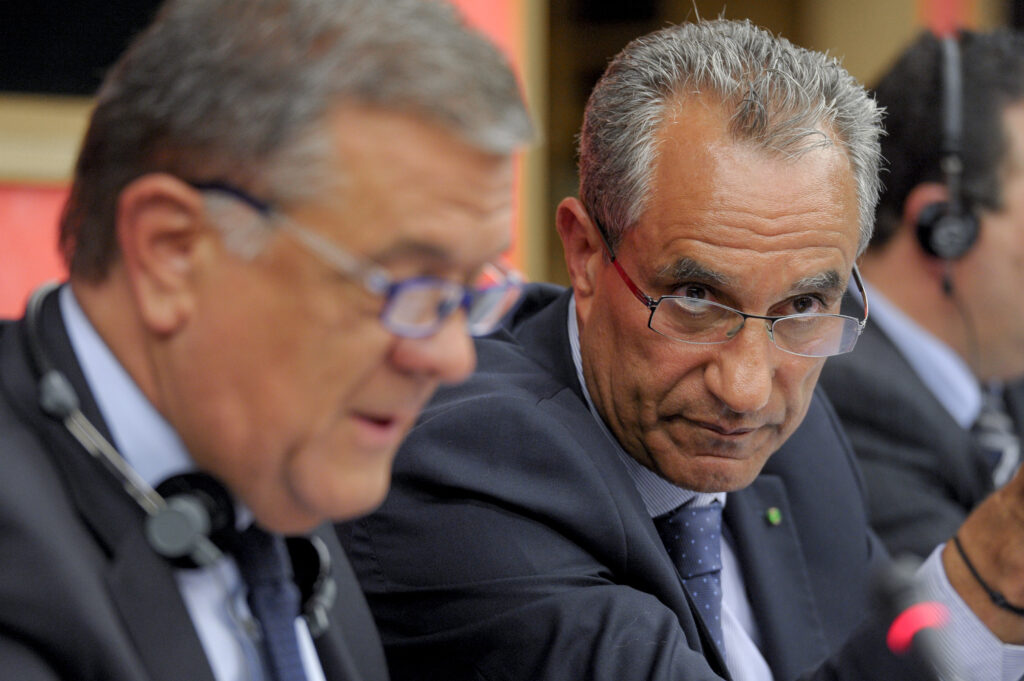
Maghreb former European politicians face corruption trial over lobbying scandal
A major legal scandal has erupted in Spain, exposing a web of alleged corruption linking European political figures to companies operating in the Maghreb.
The case highlights the complex interplay of lobbying, secret payments, and influence networks surrounding public contracts in the region.
At the center of the investigation is Voltar Lassen, a firm ostensibly presented as a law office but reportedly functioning as a lobbying platform.
Founded by former Spanish deputy Pedro Gómez de la Serna and ex-ambassador Gustavo de Arístegui, the firm allegedly facilitated contract awards for several companies, including Elecnor, Rover Alcisa, and Assignia Infraestructuras, in a Maghreb country.
Spanish authorities allege that these arrangements were more than standard business dealings.
Prosecutors describe a sophisticated scheme combining secret commissions, forged documents, and payments routed through Switzerland and the Netherlands to secure preferential treatment from local administrations.
The case, which first emerged nearly a decade ago, has now advanced to an oral trial before the statute of limitations expires. Judge Santiago Pedraz will oversee proceedings against 23 individuals and five companies, facing charges of corruption, forgery, and participation in a criminal organization, according to Spanish media reports.
The prosecution is seeking heavy sentences, including 18 years in prison for both De la Serna and Arístegui, alongside fines and the confiscation of more than €2.6 million.
Even Borja Manuel de Arístegui Arroyo, son of the former diplomat, is implicated in the alleged network of illicit commissions. A crucial element of the investigation was the death of Cristóbal Tomé Becerra, Voltar Lassen’s sole employee and intermediary with Maghreb officials, whose files reportedly strengthened the case against the accused.
Legal experts say the trial underscores how former European politicians may leverage diplomatic and political networks to influence sensitive markets abroad.
It also exposes the opaque role of shell companies as intermediaries between multinationals, private firms, and transnational financial channels.
For Spain, the case represents a significant judicial test, demonstrating that political status does not shield individuals from prosecution. For the Maghreb, it is a reminder that the promise of development and modernization remains susceptible to foreign influence and behind-the-scenes manipulation.



